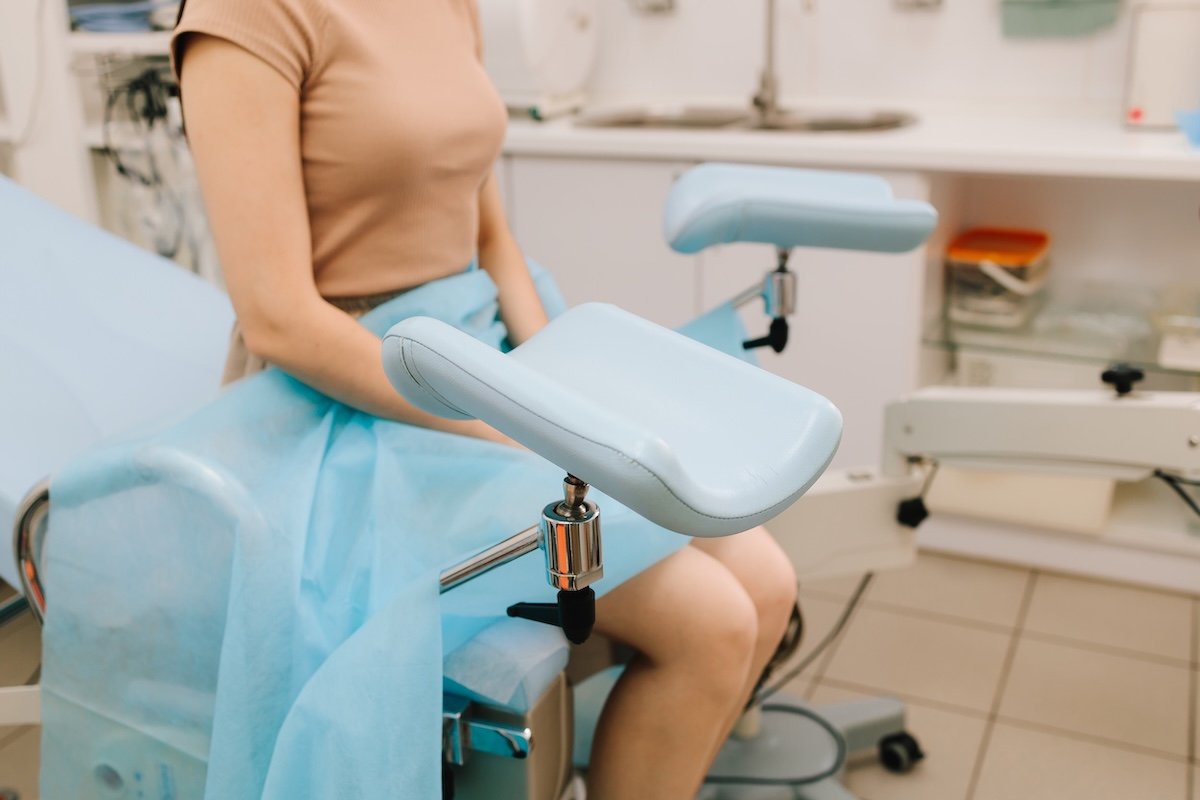Beyond Pap Smears: Comprehensive Preventive Screening for Women 40 – 65
A negative Pap result used to feel like a full bill of health. Today, we recognize that cervical cancer screening is just one pillar in the framework of midlife wellness. Between the ages of 40 and 65, a woman's risk profile undergoes significant changes. Breast density shifts, cholesterol can climb, bone mass thins, and immunity to childhood diseases wanes. Relying on a one-time pelvic exam misses silent trends that shape long-term health and vitality.
Dr. Sameena Rahman designed The GSM Collective around this reality. Her concierge model incorporates a preventive health checklist into each membership plan, then handles scheduling to ensure nothing slips through the cracks. Below is a guided tour of evidence-based screenings that every Chicago woman in midlife should know, along with practical tips for spacing them throughout the calendar without overwhelming appointments.
Not Just a Pelvic Exam
Unlike many other practitioners who are restricted by tight clinic schedules, Dr. Rahman makes sure to cover all bases when performing a pelvic exam. She thoroughly examines the vulva, checking for vulvar cancer and vulvar dermatosis that most gynecologists miss. Not only does Dr. Rahman screen for sexual function and pelvic floor issues that may change sexual satisfaction, she screens for factors that may impair bowel and bladder function as well, taking note of any potential pelvic masses. And of course, she never ignores screening the clitoris for adhesions that can be a source of pain and sexual issues.
The Mammogram Conversation
The United States Preventive Services Task Force now recommends screening mammography every two years, beginning at age 40, for women at average risk. Dense breasts, a strong family history, or known gene mutations push the timeline earlier and the interval closer to yearly. Digital 3-D tomosynthesis, widely available at Chicago imaging centers, enhances cancer detection in dense tissue, resulting in fewer call-backs. Concierge coordination ensures that your order is sent to a site that offers 3-D imaging, Dr. Rahman receives your images within the week, and follow-up questions are answered promptly without leaving messages on a radiology portal.
Cervical Health in the HPV Testing Era
For women aged thirty to sixty-five with a history of expected results, high-risk HPV testing every five years or co-testing with a Pap every five years is sufficient. If you have never had an HPV screen or if prior tests showed a high-risk strain, co-testing moves to a three-year rhythm. After hysterectomy for benign reasons, Pap tests may stop, but HPV status still guides surveillance of the vaginal cuff. Dr. Rahman reviews each patient's surgical history and HPV record before setting an interval for follow-up.
Colonoscopy and Its Alternatives
The American Cancer Society recommends a colonoscopy schedule for average-risk women starting at age forty-five, with repeat screenings every ten years if polyps are absent. Stool DNA tests, such as Cologuard, or annual high-sensitivity fecal occult blood kits, are options when colonoscopy is deferred. Concierge care removes the logistics barrier: the office books the gastroenterologist, secures bowel preparation prescriptions, and ensures pathology reports are returned to your portal without delay.
Bone Density as a Window on Metabolic Health
A DEXA scan at sixty-five is the classic benchmark, but earlier testing at fifty—or sooner—is wise when menopause arrives, steroids are necessary, or family history flags concern. The scan takes ten minutes and emits minimal radiation. Results reveal osteopenia long before fractures, allowing targeted weight-bearing exercise and medication if needed. The GSM Collective partners with imaging sites that batch insurance submissions, preventing surprise bills months later.
Thyroid, Lipids, and Glucose—The Core Blood Work Trio
Starting at forty, thyroid-stimulating hormone warrants a baseline measurement and recheck every five years or sooner if fatigue, hair thinning, or heart palpitations appear. Fasting lipid panels still matter even when you eat clean and hit Pilates twice a week. Stress and perimenopausal estrogen dips can drive LDL upward without obvious warning signs. Fasting glucose or HbA1c levels every three years help capture creeping insulin resistance. Membership patients draw their labs in-office, often during the same visit as a pelvic exam, eliminating the need for an extra trip to the phlebotomy suite.
Additional Labs Worth Discussing
Vitamin D levels, especially in Chicago winters when sun exposure tanks
Ferritin if heavy cycles linger into the mid-forties
High-sensitivity C-reactive protein for women at cardiovascular risk
Dr. Rahman tailors panels to each patient's personal history rather than a one-size-fits-all list, preventing overtesting while still catching silent problems.
Vaccines That Protect Midlife
Influenza every fall—high-dose formulations for immune systems over sixty.
COVID-19 booster per CDC seasonal guidance.
Tdap should be administered every ten years and at each pregnancy.
Shingles (Shingrix) two-dose series beginning at fifty; earlier for immunocompromised women.
HPV nine-valent catch-up through forty-five for those not fully vaccinated in youth.
Concierge scheduling pairs shots with existing visits or arranges home administration for members who travel or juggle demanding work hours.
Skin, Sleep, and Mood—Often Overlooked Screens
Dermatology societies advise an annual full-body skin check, or sooner if you spent summers in the 1980s at North Avenue Beach without sunscreen. Insomnia and mood swings track closely with perimenopausal hormone shifts; a quick two-question screen for depression and the Insomnia Severity Index during wellness visits flags issues deserving deeper care. These assessments fit naturally into a thirty-minute consult but rarely into a hurried network physical.
Streamlining the Annual Calendar
Preventive care feels manageable when appointments cluster logically. The GSM Collective uses a February-August-November rhythm for most members:
February is a good time for vaccines, thyroid labs, and mental health screenings before winter fatigue peaks.
August for a pelvic exam, HPV/Pap test if due, and a lipid panel ahead of the holiday season.
November for mammogram, skin check, and flu shot boost.
Colonoscopies and DEXA scans are scheduled to fill openings based on insurance year resets. A dedicated staff member handles reminders, pre-authorizations, and result routing so patients see a single dashboard, not a dozen portals.
What Happens When Results Stray from Normal
Abnormal mammogram? The office schedules diagnostic imaging within forty-eight hours, and someone from the office calls to explain the next steps. Elevated LDL despite clean eating? She arranges a fasting insulin test and a nutritionist consult before considering medication. A positive HPV test triggers colposcopy in-house rather than an unfamiliar referral. Direct access shortens the anxiety gap between question and answer.
A Preventive Mindset Is the Best Midlife Asset
Screenings do not guarantee perfect health, but they convert surprise crises into manageable, data-driven decisions. They also empower lifestyle choices—whether that is adding weighted squats to shore up bone density or swapping refined carbohydrates to tame triglycerides.
If your last mammogram was a drive-through during the pandemic or your Pap smear timeline is unclear, now is the time to reset. Concierge coordination consolidates what could be months of phone calls into a single, strategic plan tailored to your age, genetics, and goals.
Reach The GSM Collective at 312-574-3434 or visit thegsmcollective.com to schedule a preventive roadmap session with Dr. Rahman. Together, we will turn screenings into confidence and keep the next 25 years as vibrant as the first.




